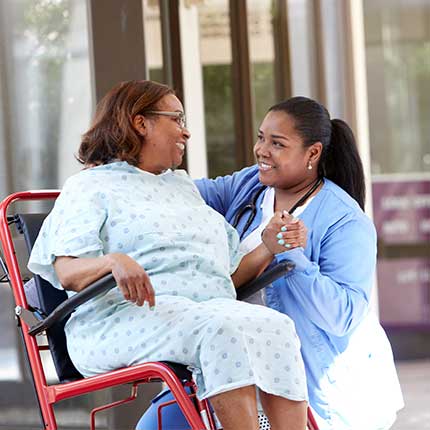Healthy Living
How to Prevent Common Brain Injuries
The brain is a complex organ. It has various parts responsible for concentration, processing and remembering information, decision-making, problem-solving, interpretation of senses, body movement and ability to speak, to name just a few.
Injuring your brain can take a toll on your life in a matter of seconds. It can affect your cognitive function, language, physical movements and more. To help you be aware and avoid brain injuries, here is information about symptoms and how you may be able to prevent an injury.
What is a Brain Injury?
According to the Brain Injury Association of America, an acquired brain injury occurs after birth. It is not hereditary, congenital, degenerative or induced by birth trauma. The damages they cause depend on its type and gravity.
Types of Brain Injury
There are two types of acquired brain injury.
- Traumatic Brain Injury
Traumatic brain injury (TBI) roots from external forces. It occurs when an object pierces the skull and enters brain tissue and/or when the head hits an object at a great impact.
Common causes include assaults, falls, vehicular accidents, sports/recreation injuries, child abuse, domestic violence and gunshot wounds. The effect of a TBI on a person can range from mild to severe, depending on its damage to the brain.
- Non-traumatic Brain Injury
Non-traumatic brain injury roots from internal forces such as complications in other parts of the body, viruses and infectious diseases. Common causes include drug overdose, stroke, seizures, tumors, toxic exposure, metabolic disorder, lack of oxygen, meningitis, etc.
Symptoms of a Brain Injury
If the TBI injury is mild, a person may experience unconsciousness for a few seconds or minutes after the impact. Symptoms of both mild traumatic and non-traumatic injuries include blurry vision, confusion, bad taste in the mouth, confusion, dizziness, fatigue, lightheadedness, ringing in the ear, short attention span and trouble with memory and/or thinking.
On the other hand, a moderate to severe brain injury may show the same symptoms as above, but the headache could be worse and the other symptoms could last longer. They can also cause nausea and/or vomiting, agitation, seizures, slurred speech, loss of coordination, restlessness, weakness or numbness in the extremities and dilation of one or both pupils of the eyes.
General Preventive Measures
You can reduce your chances of acquiring traumatic brain injuries by keeping these general preventive measures:
- Wear a seat belt every time you ride or drive a vehicle, whether it’s a motorcycle, car, public transportation or even an airplane.
- Wear a helmet when riding a motorcycle or bicycle, when using a skateboard, when playing contact sports such as football, boxing, ice hockey, baseball and softball.
- Pay attention to things that can cause you to trip (e.g. wet floor, fallen clothing, wet mats/rugs, pens on the floor, etc.).
- Be extra careful when using the stairs or when walking on a narrow road.
- Obey traffic rules to prevent road accidents.
- Cover your head during emergencies such as fire, earthquake and other natural disasters.
- Check in with your doctor to get your eyes checked and/or to evaluate if you are at risk of falling.
Final Thoughts
Brain injuries are unpredictable. Remain attentive and practice safety measures to avoid accidents, sickness and circumstances that can eventually lead to brain injury.
Meanwhile, if you’re experiencing any of the symptoms mentioned above, please consult your doctor to detect potential medical conditions as soon as possible.
Sources:
Brain Injury Association of America



